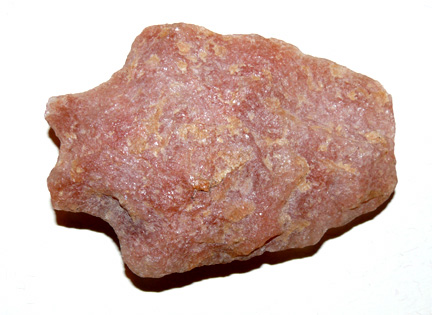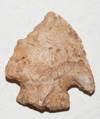 The Archeology Team
The Archeology Team The Archeology Team
The Archeology Team
Archaeology is the scientific study of the material evidence of past human societies. Archaeologists not only attempt to discover and describe past cultures, but also to formulate explanations for the development of cultures.
You will investigate: Who lived in your locale long ago? What did they leave behind?
 Examples of artifacts:
Examples of artifacts:Arrowheads
pottery shards
bones
Reconstructing buildings, towns
1.) Share on class and GL time line: What is the oldest artifact in your area? Locate, draw or photograph and describe a few of the oldest artifacts from your area. (These should not include written documents, which are the "turf" of historians.)
Where they were found?
Who dug them up?
From when do they date?
What story do they tell about the history of the area?
2.) Build a model of an old building, a house or even a village as it was in your region long ago (e.g. 1500-500 BC). Pick a time period, build, and support your ideas with evidence. Take digital pictures and submit annotated pictures in the GL timeline.
Locations of possible local experts and artifacts (e.g. institutions)
Museums – college or university museums, historical museums, national and international art museums and natural history museums.
College or university archeology, ancient history or ancient language departments.
Historical societies.
Make a date with other classes in time; pick a shared date (e.g. 500 BC) and compare what was occurring at their area at that time, perhaps making entries in the time line.
http://museum.ru/M1650
http://www.history.org/kids/games/dirtDetective.cfm
A cute and simple interactive exploration of an archeological dig.
http://www.pbs.org/wgbh/nova/ubar/index.html
This is a rich site that focuses on the discovery through remote sensing of the earlier landscape of the Sahara. Called The Lost City of Arabia, it begins, “Imagine you’re an archaeologist seeking the fabled legendary lost city of Arabia.” It includes maps, artifacts, interviews and the full transcript of the Nova program.
http://www.pbs.org/wgbh/nova/ubar/hotscienceubar/index.html
This section of the Nova UBar site presents an interactive trip to find a lost city, introducing the need for ancient and modern mapping.
http://r2.gsa.gov/fivept/fphome.htm
Fantastic site about the excavations at a famous 19th century New York city neighborhood. Browse around and see the artifacts, maps and photos of the excavation and learn about urban archaeology. The artifact collection is extensive, and one gets a good feel for a local archeological effort. The attention to lives of the poor is unusual and worthwhile!
http://idahoptv.org/dialogue4kids/season7/archaeology/facts.cfm
Good question and answer on archeology; includes a show.
http://library.thinkquest.org/5751/
This site is particularly useful describing the process of archeology.
http://www.enviro-explorers.com/archlearning.html
Good age-appropriate explanation of the archaeological field and process.